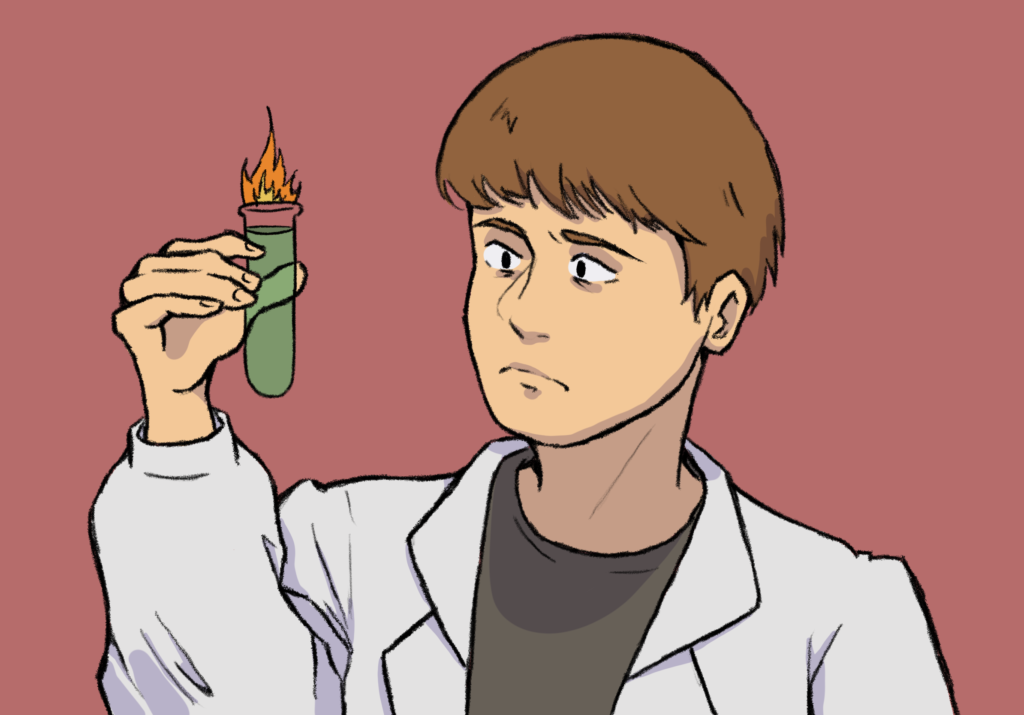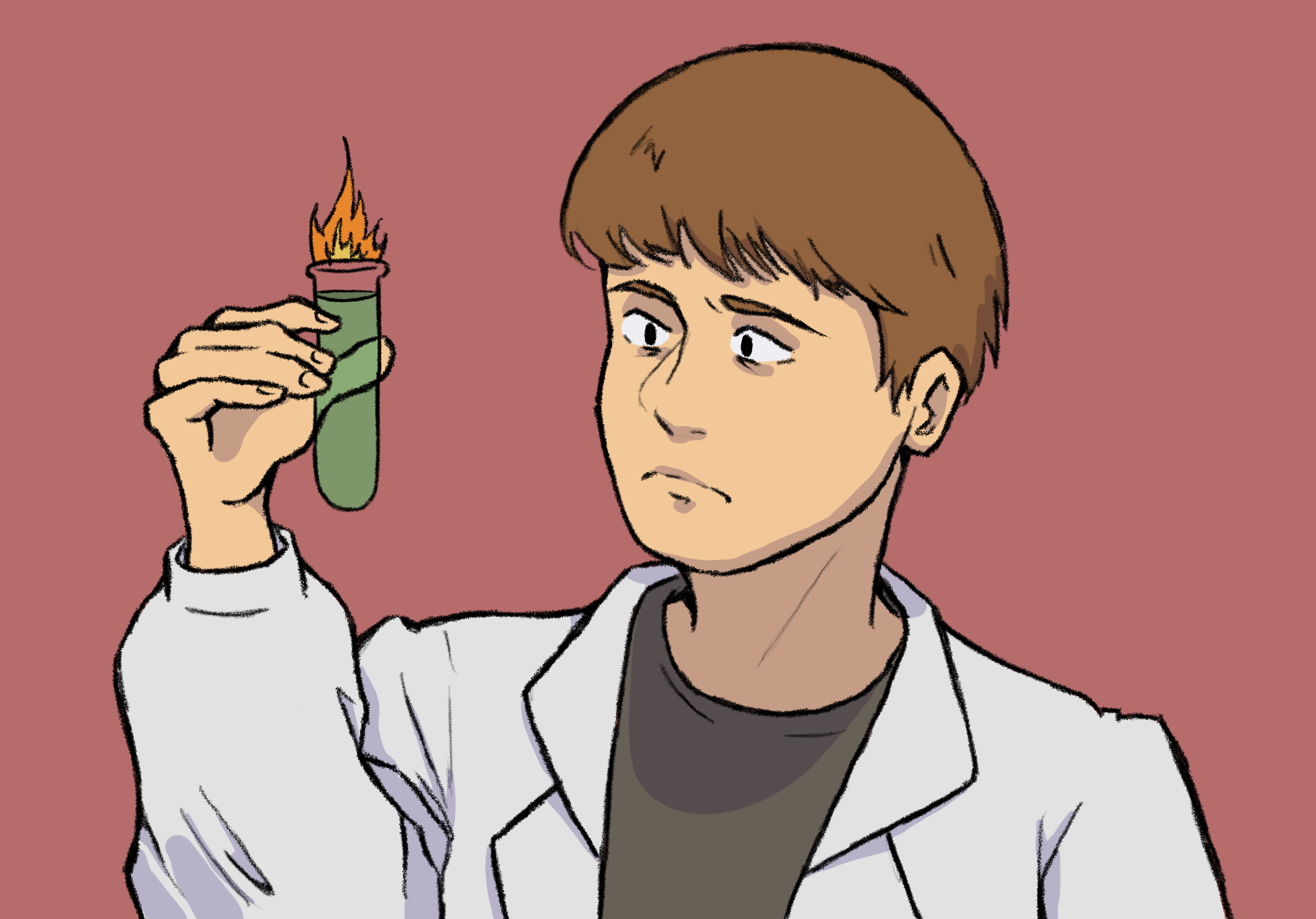As a high school physics tutor, it can be a struggle to keep uninterested students engaged. Many students take physics for its prestige as a “difficult” subject, not out of genuine interest. They commit themselves to courses just because everyone else is, not because they wanted to.
One strategy that keeps students engaged is telling the frivolous stories about the history of physics, challenging the simplistic and boring story of science that these students learn at school.
Think back to your middle school science class. Perhaps you learned how Aristotle believed an object falls due to an innate desire to fall. You probably didn’t learn about medieval scholars, like Ramon Llull, grandfather of computer science. Everyone knows Newton’s law of gravity. But did you learn that Newton falsely thought that repulsive forces cause diffusion?
This bias reflects a basic narrative of the history of science. We remember the mistakes of the Greeks and the accomplishments of the Renaissance. We forget the Middle Ages altogether. This narrative hails modern science as a product of some sudden Scientific Revolution. However, historians of science have proven that this narrative is incorrect.
The medieval period laid the groundwork for the Renaissance. Medieval scholars invented mechanical clocks and viewed the universe as clockwork machinery. They believed that God created certain rules that us mortals can study and predict.
There was no sudden Scientific Revolution. Renaissance scientists gradually and incrementally developed the “clockwork universe.” Galileo proposed that the shape and motion of particles make the universe tick, of which Robert Boyle studied the collisions. Isaac Newton unveiled the forces between particles that are far apart. There were also many unmentioned others who contributed to scientific progress.
The philosophical foundations of science, too, changed over time. Newton and his contemporaries were devout theists. They believed God created a mechanical universe and set it in motion. Sometimes, Newton said, God casts divine intervention. Leibniz was the first to propose that God doesn’t intervene past the Creation. Only decades later did the Leibnizian belief take hold. It was centuries after Leibniz that the first secular scientists were born.
Why am I belaboring over some long-dead historical figures so much? Because the incorrect notion of a sudden Scientific Revolution discourages future scientists.
The history of science shows that every scientist was the product of their time. They made the same 99 mistakes as their contemporaries and one correct new discovery. Scientific progress is marginal, and revolutionary pioneers are built upon existing ideas.
We should teach students how wrong famous historical scientists were. It would encourage students to be wrong, to experiment. Science would be more approachable if it weren’t depicted as an exclusive club.
It also makes classrooms more fun. Some of these past beliefs are downright hilarious in hindsight. Renaissance scientists thought that atoms are shaped like spiky balls! The best anecdote might be that of 19th century physicist Philipp von Jolly, who famously said to his student, “In this field, almost everything is already discovered, and all that remains is to fill a few unimportant holes.” His student, Max Planck, later went on to discover quantum mechanics.
Instead, we teach only what the scientists got right. I remember memorizing scientists by rote for the SAT Physics exam. Students learn to revere or ridicule certain periods of history at the expense of a more holistic understanding of the world.
The history of science is a small but important part of science education. The human stories could attract the attention of students who aren’t too interested in STEM. Struggling students would enjoy knowing that so, too, did the bright minds of history. As such, a holistic historical context may be most valuable for middle to high school students and non-STEM majors meeting general education requirements or completing a natural science cluster.
It’s difficult to design a good curriculum. Talking with professors after a controversial take on CS education has taught me that much. My tiny proposal is that we take some time to consider how to incorporate a better history of science.


